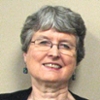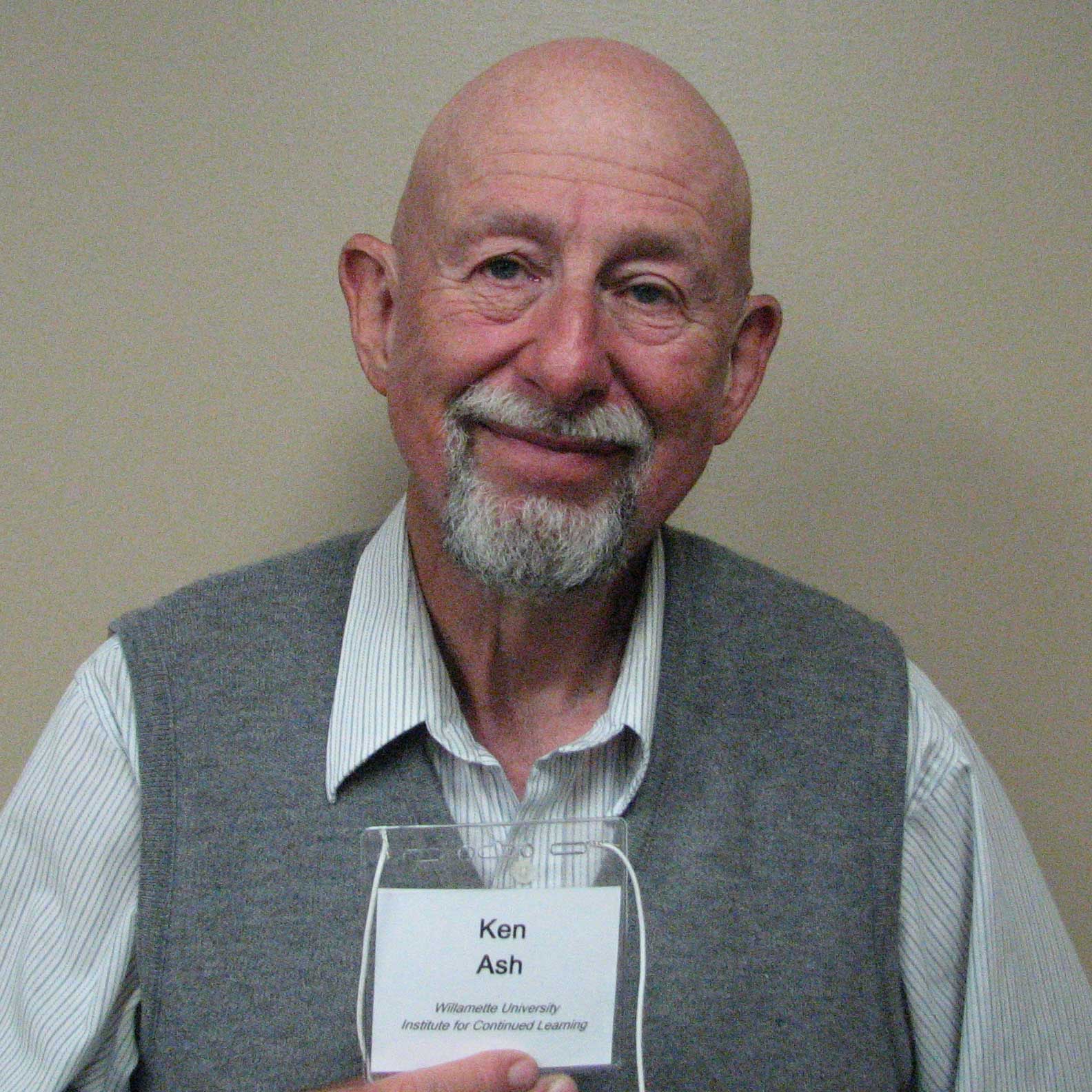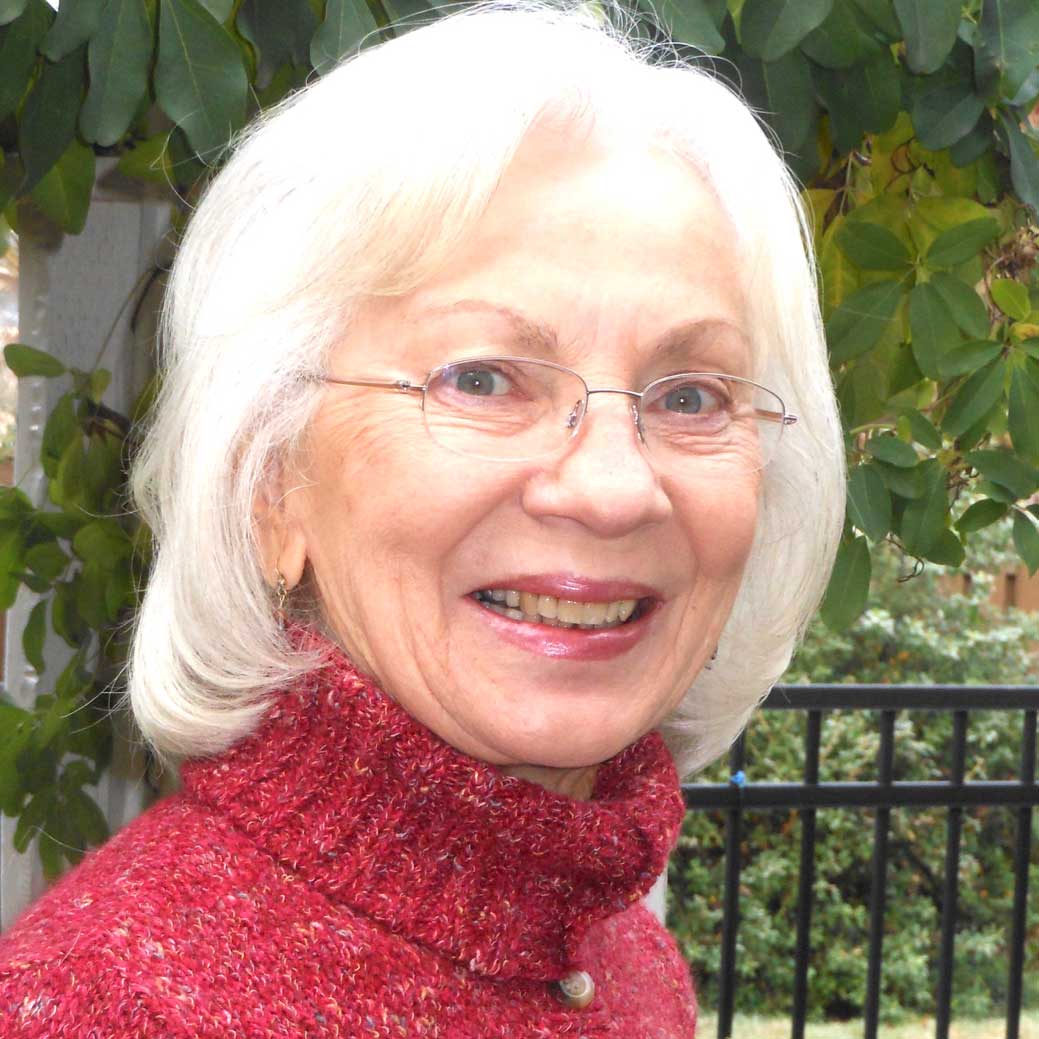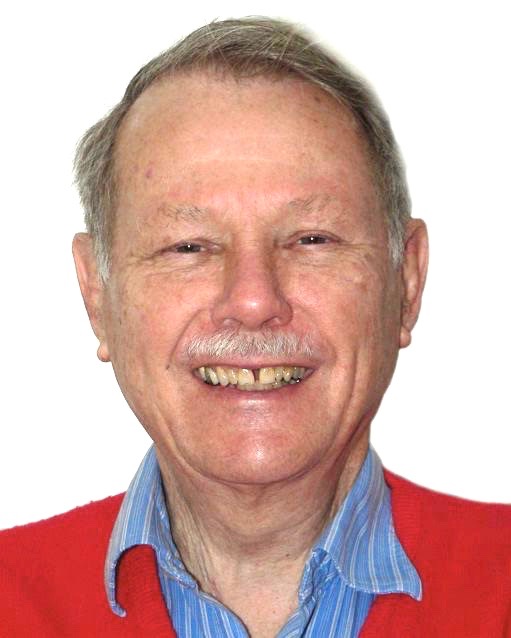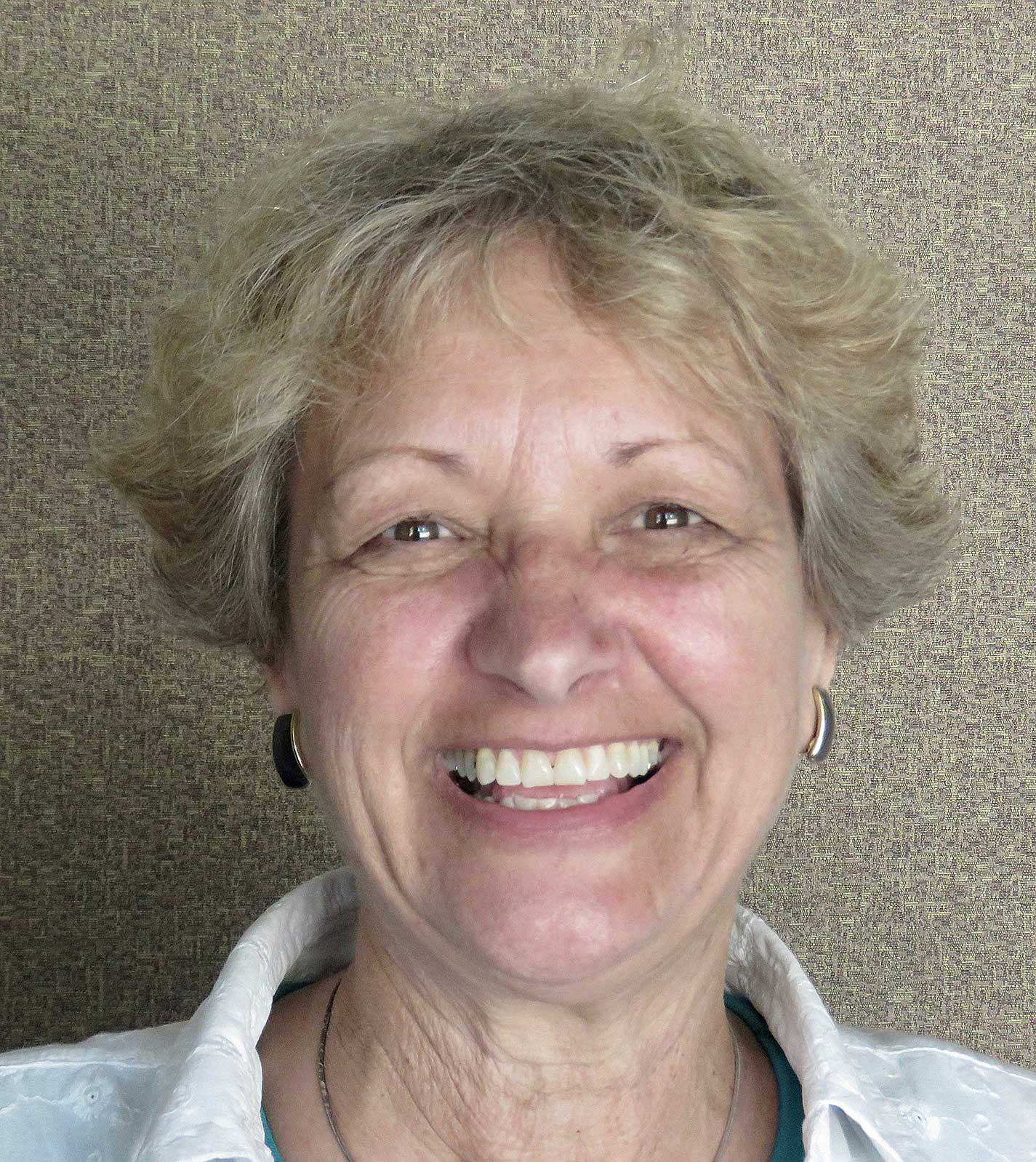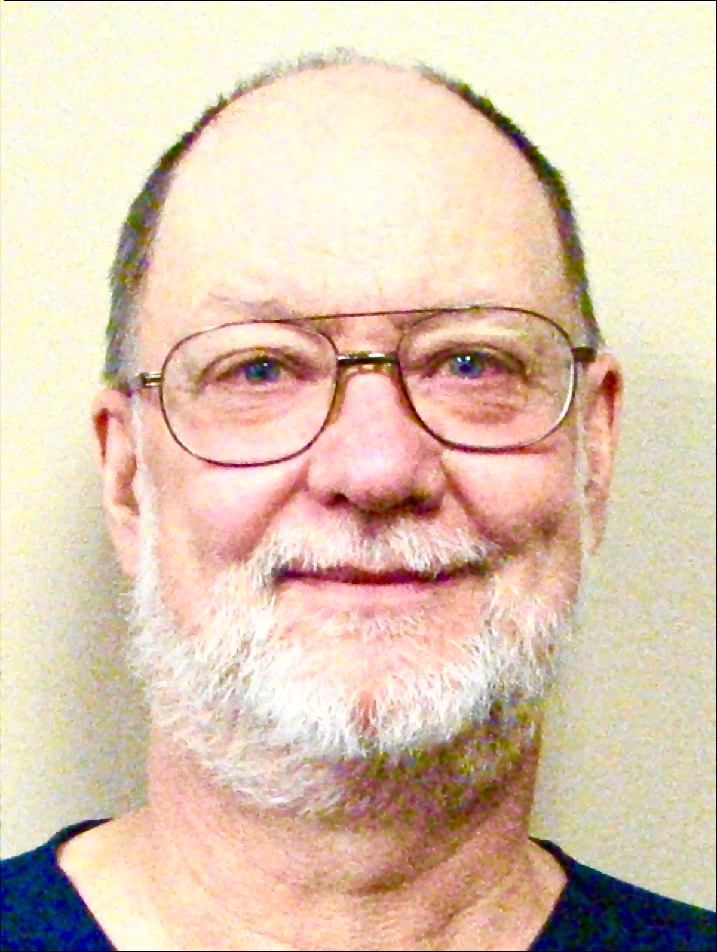Tuesday, March 5
| 10:30 – 11:30 a.m. | "The Scientific Wonder of Birds," Wayne Wallace and Professor Bruce E. Fleury (The Great Courses), Kaneko Auditorium
|
| 11:30 a.m. – 12:30 p.m. | "The Scientific Wonder of Birds," George Adkins and Professor Bruce E. Fleury [Don Gallagher], Kaneko Auditorium |
| 1:30 – 3:30 p.m. | "The Skeptics Guide to American History: Early Progressives Were not Liberals and Woodrow Wilson and the Rating of the Presidents," Bob Muir, Kaneko Auditorium
|
Thursday, March 7
| 10:30 a.m. – 12:30 p.m. | "In the Executioner's Shadow," Ron Steiner [Dave MacMillan], Kaneko Auditorium
As the battle to overturn capital punishment comes to a head in the U.S., this provocative film challenges viewers to question their deepest beliefs about justice. Ron Steiner is an OADP (Oregonians for Alternatives to the Death Penalty) board member and former Chair from May 2010 to January 2019. He was on the Steering Committee of the New Mexico Coalition to Repeal the Death Penalty from 2000 to 2009. And on the national board of directors of Murder Victim Families for Reconciliation for two 3-year terms. All of these positions have been volunteer positions. New Mexico repealed their death penalty on March 18, 2009. Test your knowledge of the Death Penalty by taking this quiz. |
| 1:30 – 3:30 p.m. | "Comprehensive Overview of Sleep Medicine," Jeffrey Bluhm, MD [Else and Ron Nichols], Kaneko Auditorium
Part 1: After reviewing how much sleep we need and the drivers of normal sleep, we will look at how sleep changes over the course of our lifespan. A brief look at sleep and mortality will then be followed by an overview of the six major categories of sleep disorders. Part 2: A brief review of treatments, both pharmacological and non-pharmacological, for insomnia. The majority of this time will then be spent on obstructive sleep apnea syndrome - epidemiology, symptoms, diagnosis, and the increasing range of treatment options. Dr. Bluhm was born in Medford, OR (native Oregonian), attended college at Pacific Lutheran University, attended medical school at University of Washington, completed internship and residency at University of Colorado Health Sciences Center in Denver, Pulmonary and Critical Care fellowship at University of California, San Diego, joined Oregon Pulmonary Associates in Portland in 1998, which then merged with The Oregon Clinic in 2016. He is Medical Director of the Providence St. Vincent Medical Center Sleep Disorders Center, an 8 bed-sleep lab. He is board-certified in Pulmonary and Critical Care Medicine and a Diplomat of the American Board of Sleep Medicine. |
Tuesday, March 12
| 10:30 – 11:30 a.m. | "Music as a Mirror of History: Gottschalk: The Union (1862)," Robert Greenberg [Solveig Holmquist], Kaneko Auditorium
|
| 11:30 a.m. – 12:30 p.m. | "William Billings (1746-1800) and Stephen Foster (1826-1864)," Solveig Holmquist, Kaneko Auditorium
Stephen Foster, often called “the father of American music”, was a songwriter known primarily for his parlor and minstrel music. He has been identified as “the most famous songwriter of the nineteenth century” and may be the most recognizable American composer in other countries. His compositions are sometimes referred to as “childhood songs” because they have been included in the music curriculum of early education. I suspect that many ICL members would identify at least five of his more than 200 songs. Dr. Holmquist majored in voice and organ at St. Olaf College in Minnesota, singing with the renowned St. Olaf Choir. She holds a Master’s degree in Music Education from Western Oregon University, and a DMA in Music Education and Choral Conducting from the University of Oregon. She is a distinguished member of the Institute for Continued Learning. |
| 1:30 – 3:30 p.m. | "Aesthetics of Bridge Design (Searching for Elegance)," Scott Nettleton [Steve Starkey], Kaneko Auditorium Oregon enjoys an exceptional place in Bridge Architecture thanks in large part to the efforts of former State Bridge Engineer Conde B. McCullough. McCullough is that happy convergence of a visionary meets funding, his time as State Bridge Engineer coincided with New Deal funding with the mandate to employ Americans. This combination resulted in the ability to both produce a tremendous amount of structures work, but he also interpreted this mandate to provide work that visually enhances the built environment. Since McCullough’s tenure the development and production of aesthetically pleasing results in this practice have become decidedly more haphazard. “What happened” and “where are we going” in this aspect of the built environment? A lifelong resident of Salem and a graduate of Oregon State University, Scott began his practice with the Department of Transportation where his own appreciation of the McCullough era bridges first prompted him to examine the visual aspects of bridges. He first applied concepts of visual study at the North Santiam River (Gates) Bridge completed in 1994. He continued his practice with application of these concepts to the Sisters Loop Ramp Bridge in Bend, the Rogue River (Depot Street) bridge in Rogue River, rehabilitation of the Monroe Street Bridge in Spokane, the Burnside Bridge in Portland, and several McCullough era bridges, culminating most recently in his participation on the Sellwood Bridge replacement for Multnomah County. Through these projects Scott has collaborated with numerous architects and bridge engineers who specialize in bridge aesthetics and has developed a knowledge base of approach to structures design that is rooted in classic architectural practices, as originated by the Roman master builder, Vitruvius, and developed over the ensuing centuries. The topic will explore generally accepted excellent examples of bridge architectural design and contrast and compare those to examples that are considered less successful. This exploration supports an examination of the art of bridge design, the split in practice of architecture and engineering that coincided with the 19th century industrial revolution, and the on-going work to re-unite these practices to achieve greater reliability of visual results. Currently Scott is the Bridge Practice Manager for Otak Inc. in their Vancouver and Portland offices. |
Thursday, March 14
| 10:30 a.m. – 12:30 p.m. | "Restorative Justice, or What Happens When You Send a Political Scientist to Prison," Professor Melissa Buis Michaux [Jeanette Flaming], Kaneko Auditorium
|
| 1:30 – 3:30 p.m. | "Great Decisions - Video Presentation: The Rise of Populism in Europe, by James Kirchick," Professor Bill Smaldone [Jeanette Flaming], Kaneko Auditorium
|
Tuesday, March 19
| 10:30 – 11:30 a.m. | "Minority Consciousness, Belonging, and Engagement with Others: Examples from Oregon Jewish History," Professor Ellen Eisenberg [Anne Bowden], Kaneko Auditorium
Historians generally root these patterns to a strong “minority consciousness” among American Jews, arguing that, even as Jews became fully accepted and successful in the United States, they retained a strong collective memory of both recent and historic anti-Semitism that fostered identification with other, less privileged, minority groups. Yet finer grained analysis suggests ups and downs in these relationships, linked to Jews’ sense of belonging/insecurity in particular places and times. In addition, while feelings of vulnerability could fuel minority consciousness, they could also inhibit public engagement. My research looks at how moments of Jewish security and insecurity, belonging and otherness, shaped their responses to challenges facing other minority groups. Using several examples from Oregon Jewish history, I will explore variations in the community’s engagement with other groups and how these reflect shifts in Jewish Oregonians’ sense of belonging over time. Examination of these patterns can be helpful in understanding how the current resurgence in anti-Semitism may impact Jewish engagement. |
| 11:30 a.m. – 12:30 p.m. | "Recovery, Art, and Transformation," Dayna Collins [Jinx Brandt], Kaneko Auditorium
In addition to painting, Dayna is an avid collector/junker, energized by hunting for materials to use in her found object assemblage art or in her Salvage Collages. She hyperventilates when she discovers a rusty piece of metal or a tattered, disintegrating book. Dayna uses these tired, worn out objects to create vignettes that tell a new story. |
| 1:15 – 2:30 p.m. | "Willamette Singers Rehearsal," Wallace Long and the Willamette Singers [Solveig Holmquist], *** Rehearsal Room, Rogers Music Center *** NOTE CHANGE IN VENUE In addition to the DownBeat awards, the Willamette Singers have received many honors during the 35 years Wallace Long has directed the group. Recognition has come in the form of honorific performances at regional and national conventions of the Oregon Music Educators Association, Music Educators National Conference, the American Choral Directors Association and the International Association of Jazz Educators. |
| 2:30 – 3:30 p.m. | "Discussion and Q and A with Professor Long," Professor Wallace Long, Jr. [Solveig Holmquist], *** Smith Auditorium *** NOTE CHANGE IN VENUE
|
Thursday, March 21
| 10:30 a.m. – 12:30 p.m. | "Fractals: Video presentation," Bill Blitz [Jinx Brandt], Kaneko Auditorium
|
| 1:30 – 3:30 p.m. | "Science potpourri," presentations by ICL members [Don Gallagher], Kaneko Auditorium ICL member Don Gallagher will coordinate the session, modeled after the music and art potpourri sessions. Member presenters each give us a short science lesson of their choice. Today we hear from the following: Janet Budke: “A Taste of Coca Cola” Ken Ash: “The Mystery of the Monarch: The Almost Unbelievable Life Story of a Butterfly” Irene Konopasek: “Earth’s Magnetic Field; Why Is It Moving?” David Engen: "A Lesson in Celestial Navigation" GwenEllyn Anderson: “The Science of Memory” Wayne Wallace: "Gynandromorphs and Single Individual Color Morphs: examples and possible causes"
|
Week of March 25-29
SPRING BREAK—NO CLASSES |


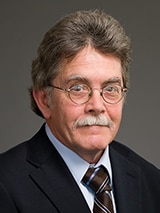 Lecture 1: Birds and Dinosaurs, the Origin of Flight Lecture
Lecture 1: Birds and Dinosaurs, the Origin of Flight Lecture 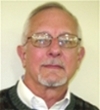 An award-winning scholar and professor examines commonly held myths and half-truths about American history and invites you to think about what really happened in the nation's past--as opposed to what many believe happened.
An award-winning scholar and professor examines commonly held myths and half-truths about American history and invites you to think about what really happened in the nation's past--as opposed to what many believe happened. 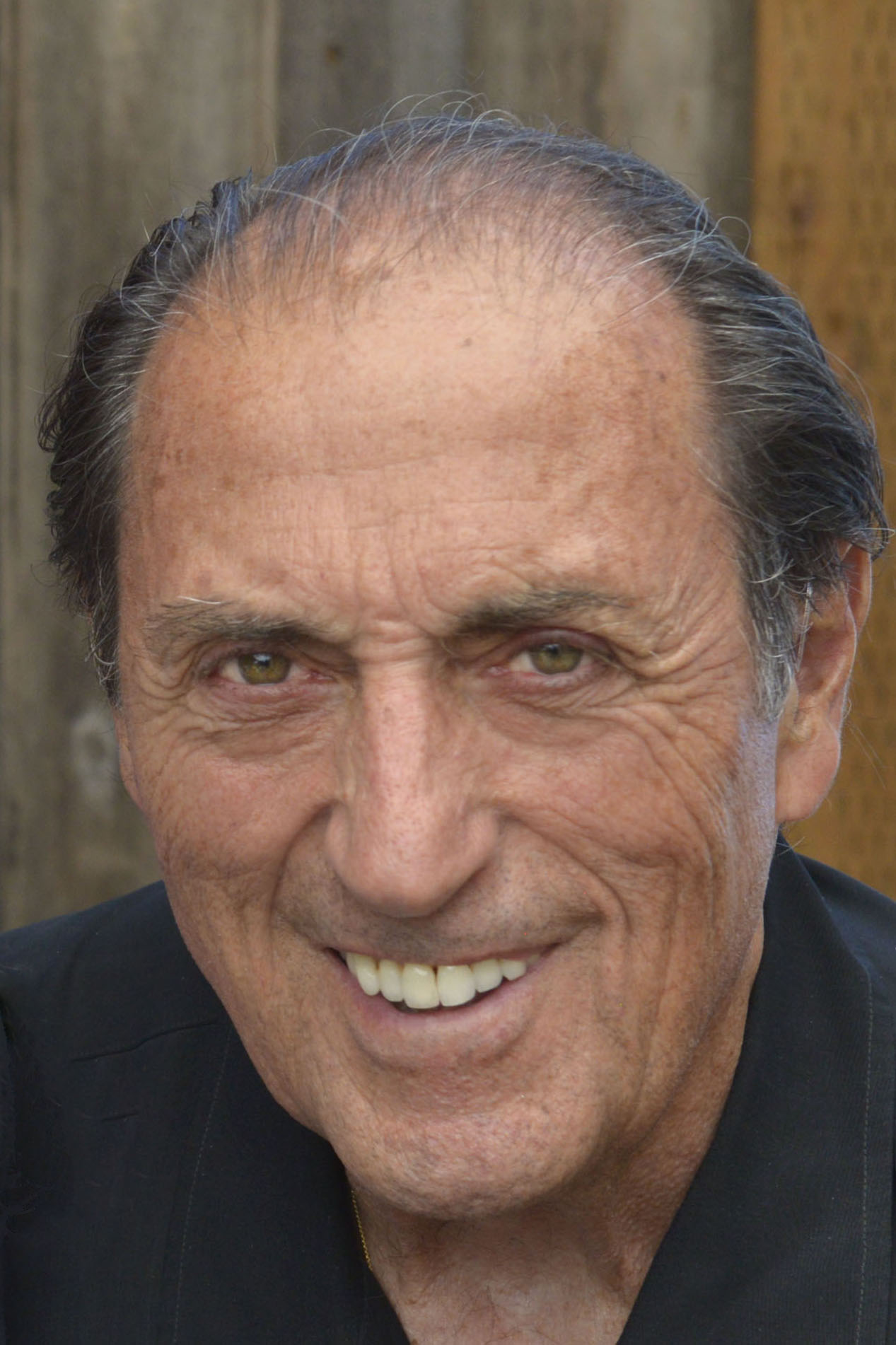 “In the Executioner’s Shadow” casts a penetrating look at the consequences of the death penalty through three powerful stories – the rare perspective of a former state executioner who comes within days of executing an innocent person; a Boston Marathon bombing victim who struggles to decide what justice really means; and the parents of a murder victim who choose to fight for the life of their daughter’s killer.
“In the Executioner’s Shadow” casts a penetrating look at the consequences of the death penalty through three powerful stories – the rare perspective of a former state executioner who comes within days of executing an innocent person; a Boston Marathon bombing victim who struggles to decide what justice really means; and the parents of a murder victim who choose to fight for the life of their daughter’s killer.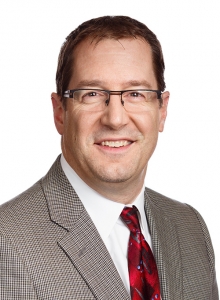
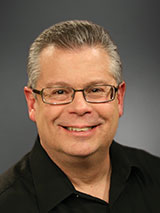 The cultural gifts America has given the world are quite extraordinary, and nowhere is this truer than in the realm of music. A list of American-born musical genres would have to include spirituals, zydeco, bluegrass, and many more. What all these genres have in common and what makes them American is that they are syncretic: syntheses of diverse musical elements into wholes many times greater than their parts. Of greatest import to American music is the synthesis of West African and European musical traditions in North America, a synthesis that created a vast array of uniquely American genres, from gospel and soul, to ragtime and blues, to jazz and rock ‘n’ roll.
The cultural gifts America has given the world are quite extraordinary, and nowhere is this truer than in the realm of music. A list of American-born musical genres would have to include spirituals, zydeco, bluegrass, and many more. What all these genres have in common and what makes them American is that they are syncretic: syntheses of diverse musical elements into wholes many times greater than their parts. Of greatest import to American music is the synthesis of West African and European musical traditions in North America, a synthesis that created a vast array of uniquely American genres, from gospel and soul, to ragtime and blues, to jazz and rock ‘n’ roll.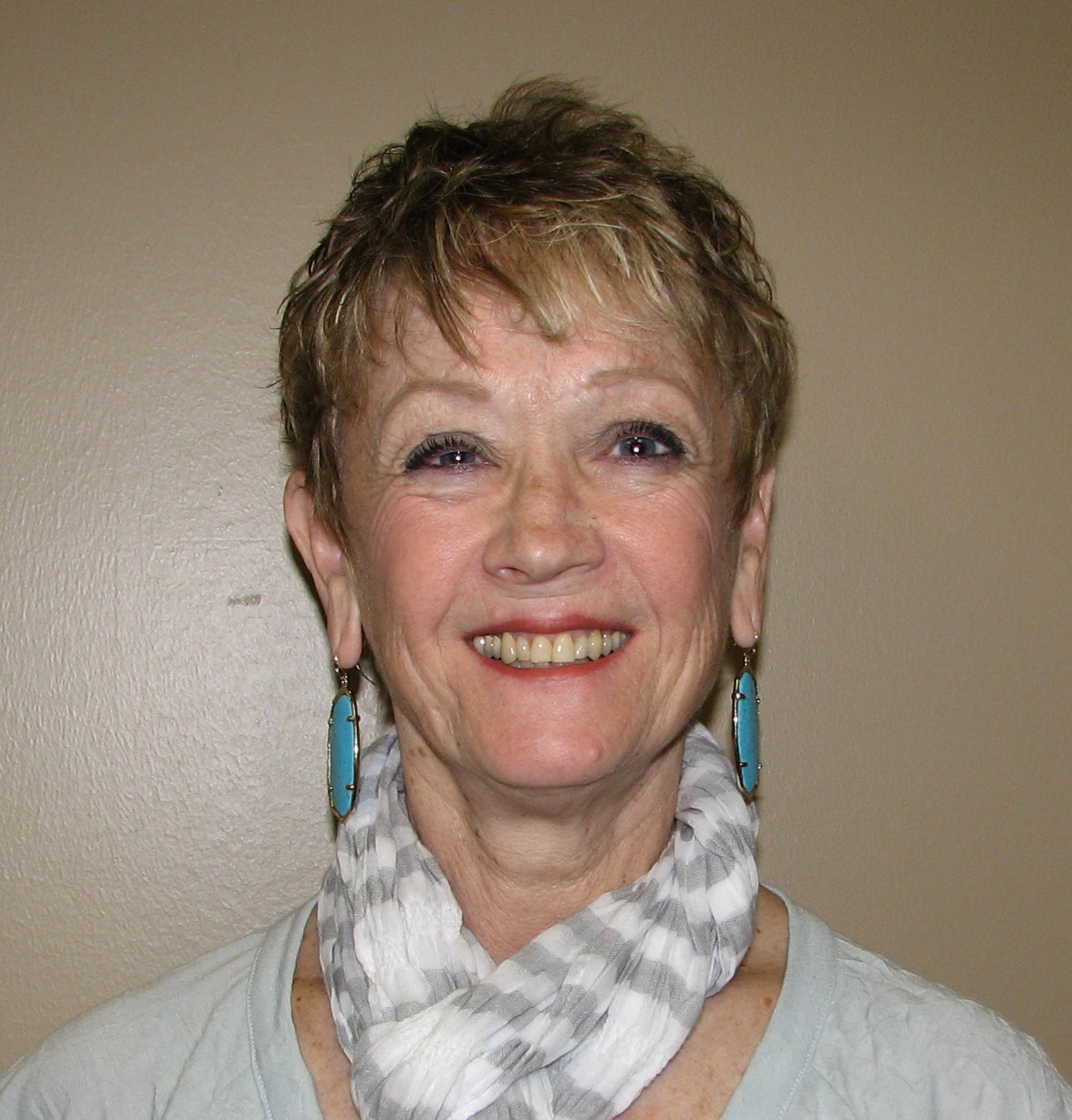
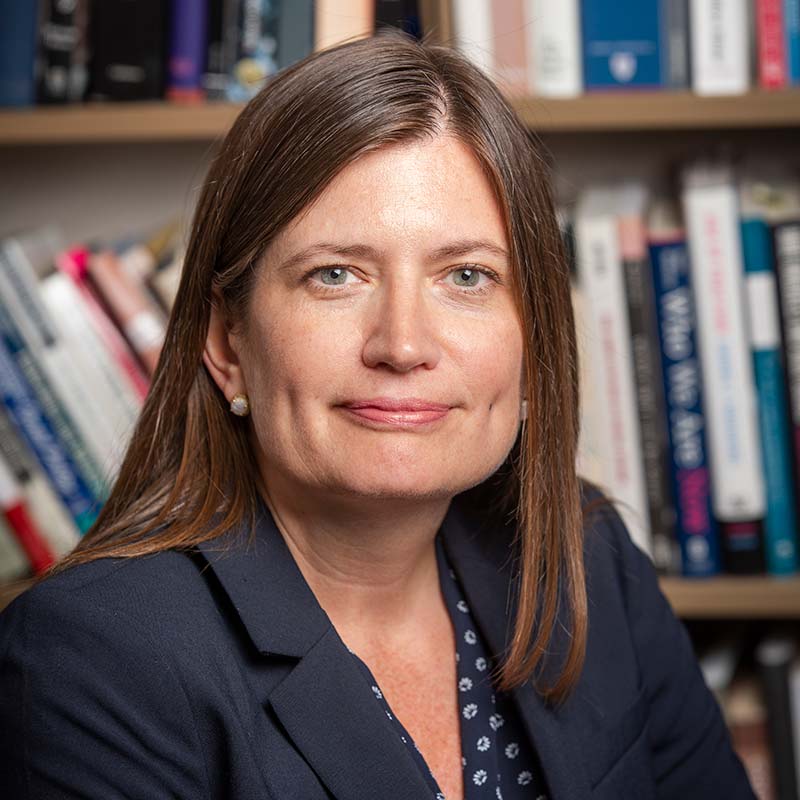 I went to prison because I wanted to teach a class on the causes and consequences of mass incarceration, and I thought I should at least see what I was planning to talk about. What I found there was both deeply surprising and inspiring. I work with men at the Oregon State Penitentiary, trying to enact and adapt the principles of Restorative Justice for the conditions of prison. This work has led me to teach a class with half Willamette students and half prisoners, become a community activist and fundraiser for a Japanese-style Healing Garden with OSP’s Asian-Pacific Family Club, and partner with OSP’s Uhuru Sasa club to provide programming for at-risk youth. In this session, we will explore the problems with the current criminal justice system, offer some thoughts about how Restorative Justice can bring about transformation, and discuss what are the appropriate goals of incarceration. I will be joined in the second half by two Willamette students: Paige Spradlin and Leah Olson who will talk about their experiences working with prisoners and launching WU’s own Restorative Justice Coalition.
I went to prison because I wanted to teach a class on the causes and consequences of mass incarceration, and I thought I should at least see what I was planning to talk about. What I found there was both deeply surprising and inspiring. I work with men at the Oregon State Penitentiary, trying to enact and adapt the principles of Restorative Justice for the conditions of prison. This work has led me to teach a class with half Willamette students and half prisoners, become a community activist and fundraiser for a Japanese-style Healing Garden with OSP’s Asian-Pacific Family Club, and partner with OSP’s Uhuru Sasa club to provide programming for at-risk youth. In this session, we will explore the problems with the current criminal justice system, offer some thoughts about how Restorative Justice can bring about transformation, and discuss what are the appropriate goals of incarceration. I will be joined in the second half by two Willamette students: Paige Spradlin and Leah Olson who will talk about their experiences working with prisoners and launching WU’s own Restorative Justice Coalition. 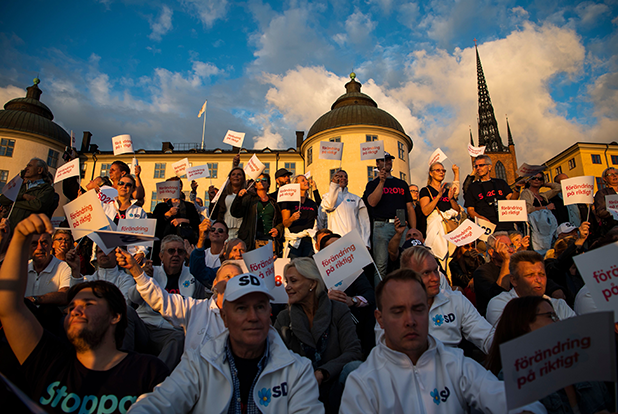 Mass migration, and the problems associated with it, have directly abetted the rise of populist parties in Europe. Opposition to immigration was the prime driver of support for Brexit; it brought a far-right party to the German Bundestag for the first time since the 1950s, and propelled Marine Le Pen to win a third of the vote in the French presidential election. In addition to calling for stronger borders, these parties are invariably illiberal, anti-American, anti-NATO and pro-Kremlin, making their rise a matter of serious concern for the national security interests of the U.S.
Mass migration, and the problems associated with it, have directly abetted the rise of populist parties in Europe. Opposition to immigration was the prime driver of support for Brexit; it brought a far-right party to the German Bundestag for the first time since the 1950s, and propelled Marine Le Pen to win a third of the vote in the French presidential election. In addition to calling for stronger borders, these parties are invariably illiberal, anti-American, anti-NATO and pro-Kremlin, making their rise a matter of serious concern for the national security interests of the U.S.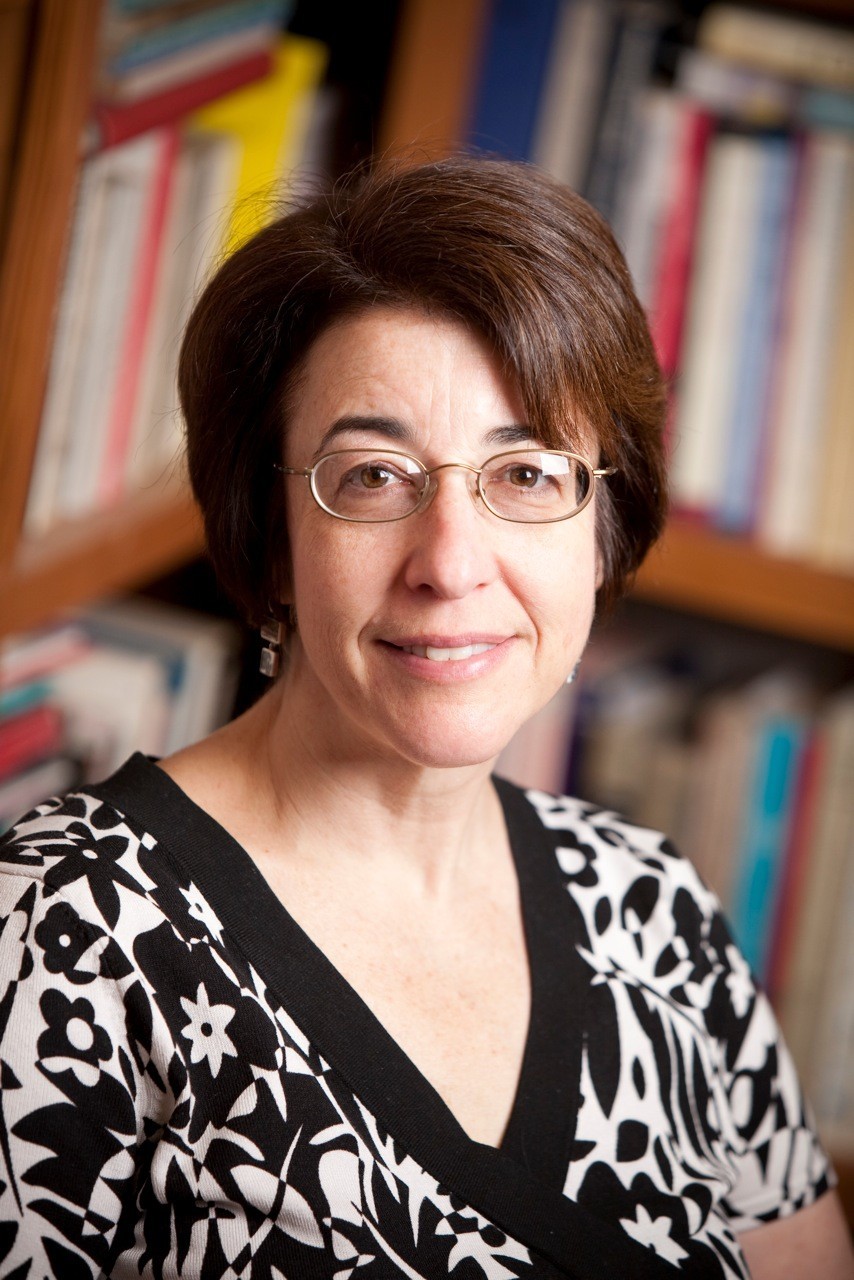 The disproportionate Jewish role in the American Civil Rights Movement is well documented. Jews were prominent among the founders of the NAACP, the Urban League and other African American civil rights organizations. It is estimated that about 50 percent of the white student volunteers during Freedom Summer were Jews. National Jewish organizations like the Anti-Defamation League and local Community Relations Committees were prominent in 20th (and early 21st) century civil rights coalitions. Today, surveys demonstrate far stronger support for minority rights and progressive policies among American Jews than among other white Americans.
The disproportionate Jewish role in the American Civil Rights Movement is well documented. Jews were prominent among the founders of the NAACP, the Urban League and other African American civil rights organizations. It is estimated that about 50 percent of the white student volunteers during Freedom Summer were Jews. National Jewish organizations like the Anti-Defamation League and local Community Relations Committees were prominent in 20th (and early 21st) century civil rights coalitions. Today, surveys demonstrate far stronger support for minority rights and progressive policies among American Jews than among other white Americans.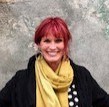 Dayna came to art 15 years ago as a result of introspection through The Artist's Way, a book on creative recovery by Julia Cameron. Trained as an historian and counselor, Dayna dove into art by taking class after class, working in various mediums, challenging herself to find artistic expressions that reflected her eclectic approach to art and life. Dayna will share how her recovery and lots of synchronicity opened doors to her evolving work as an artist.
Dayna came to art 15 years ago as a result of introspection through The Artist's Way, a book on creative recovery by Julia Cameron. Trained as an historian and counselor, Dayna dove into art by taking class after class, working in various mediums, challenging herself to find artistic expressions that reflected her eclectic approach to art and life. Dayna will share how her recovery and lots of synchronicity opened doors to her evolving work as an artist. 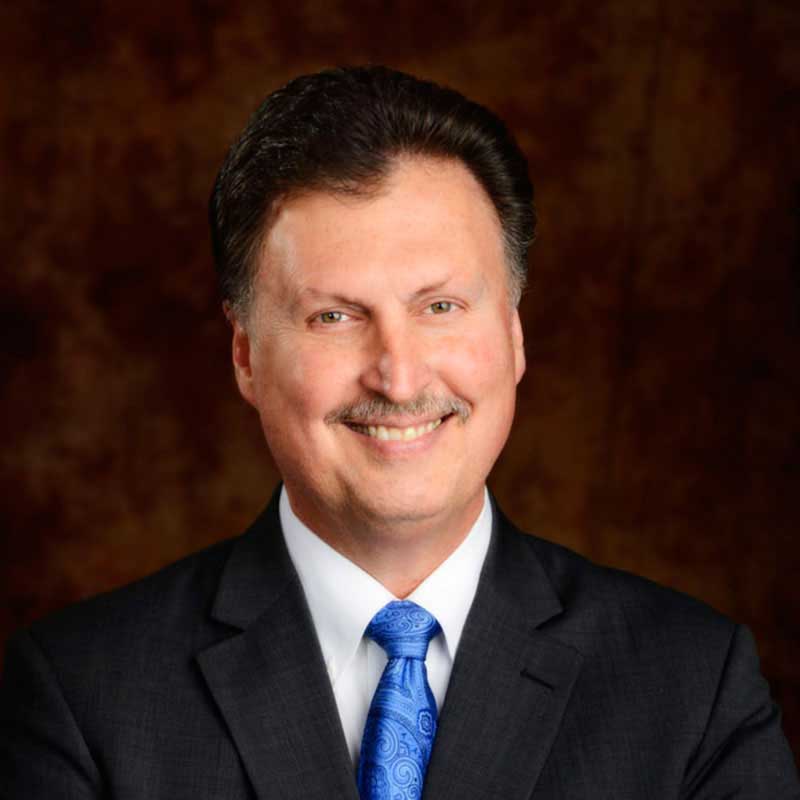 Discussion of topics in music.
Discussion of topics in music.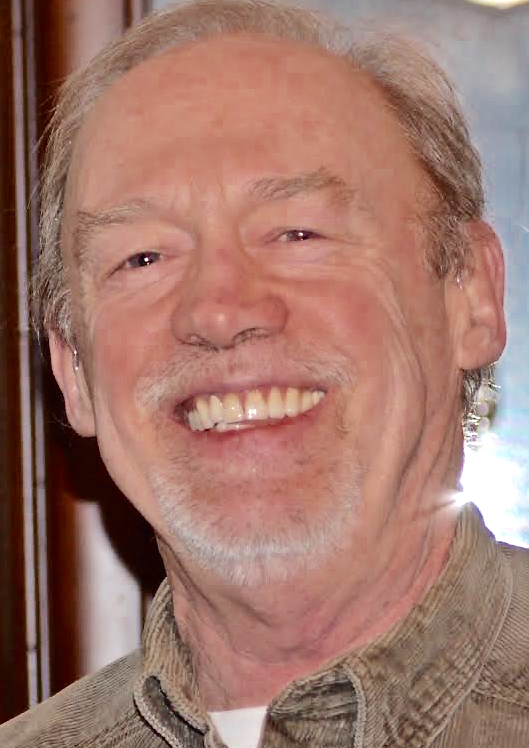 We will watch a Nova DVD about fractals and the Bill will show how art and fractals intersect. An activity will be included, so bring your colored pencils or felt pens for additional participation!
We will watch a Nova DVD about fractals and the Bill will show how art and fractals intersect. An activity will be included, so bring your colored pencils or felt pens for additional participation!